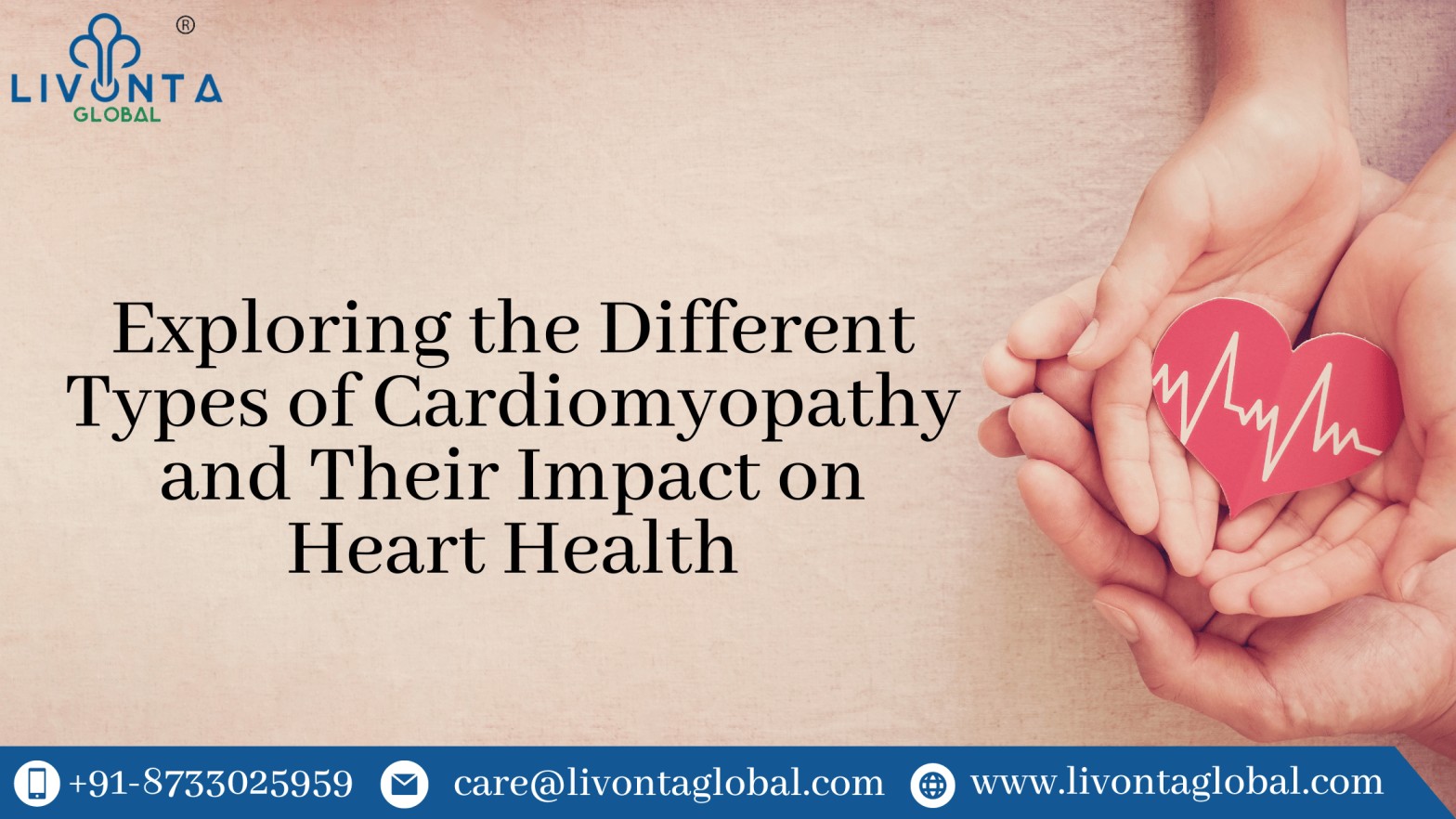
Exploring the Different Types of Cardiomyopathy and Their Impact on Heart Health
Cardiomyopathy refers to a group of diseases that affect the heart muscle, making it challenging for the heart to pump blood effectively. In cardiomyopathy, the heart muscle becomes enlarged, thickened, or rigid, which can lead to reduced heart function and, in some cases, heart failure. In the case of cardiomyopathy, you need to reach out to the experts of best heart treatment in India because the condition poses various effects on heart health, ranging from reduced pumping efficiency to an increased risk of heart failure. Symptoms such as arrhythmias, blood clot formation, and valvular issues also occur. The experts from heart transplants in India will tell you about the potential consequences if the condition is not checked on time.
There are several types of cardiomyopathy, including:
Dilated Cardiomyopathy (DCM): This is the most common type, where the heart muscle becomes stretched and thin, causing the chambers of the heart to enlarge.
Hypertrophic Cardiomyopathy (HCM): In this type, the heart muscle becomes abnormally thick, making the heart’s pumping chambers smaller and restricting blood flow.
Restrictive Cardiomyopathy: This type involves the heart muscle becoming stiff and less elastic, leading to impaired filling of the heart chambers.
Arrhythmogenic Right Ventricular Dysplasia/Cardiomyopathy (ARVD/C): This rare form primarily affects the right ventricle of the heart, leading to abnormal heart rhythms and potentially causing sudden cardiac arrest.
The causes of cardiomyopathy can vary. Some cases are inherited and result from genetic mutations, while others may be acquired due to conditions such as high blood pressure, heart valve problems, chronic alcohol abuse, certain infections, or exposure to toxins. In some cases, the cause remains unknown.
Understanding the impacts of cardiomyopathy on heart health –
Reduced Pumping Efficiency:
Cardiomyopathy can diminish the heart’s ability to pump blood effectively. In dilated cardiomyopathy (DCM), the heart muscle becomes stretched and weak, causing the heart chambers to enlarge. This enlargement leads to a decrease in pumping efficiency, resulting in reduced blood flow and potential fluid retention in the body. Similarly, hypertrophic cardiomyopathy (HCM) thickens the heart muscle, making it harder for the heart to relax and fill with an adequate amount of blood.
Risk of Heart Failure:
One of the significant concerns associated with cardiomyopathy is the heightened risk of heart failure. As the heart muscle weakens or thickens, it struggles to meet the body’s demands for oxygen and nutrients. Over time, this strain lays the cause for heart failure. Symptoms may include fatigue, shortness of breath, swelling in the legs, and fluid accumulation in the lungs.
Arrhythmias and Sudden Cardiac Arrest:
Cardiomyopathy can disrupt the heart’s electrical system, leading to abnormal heart rhythms called arrhythmias. Arrhythmias can manifest as irregular heartbeats, palpitations, or a racing heart. In severe cases, arrhythmias associated with cardiomyopathy can result in to a life-threatening condition and cause sudden cardiac arrest. Prompt medical attention and interventions will be necessary to manage and prevent these potentially fatal events. Implantable devices like pacemakers or defibrillators are used in such cases.
Blood Clot Formation:
The impaired pumping action of the heart caused by cardiomyopathy can contribute to blood clot formation. When blood stagnates or moves slowly through the chambers of the heart, it is more likely to form clots. These clots can pose a serious risk if they reach other body parts because it can stem to blockages in blood vessels and potentially cause strokes or heart attacks.
Valvular Issues:
In some cases of cardiomyopathy, the structural changes in the heart muscle can impact the heart valves. The valves may become leaky or fail to open and close properly, further compromising the heart’s ability to pump blood efficiently. This often leads to fatigue, breathlessness, and fluid retention.
If you suspect any symptoms or have concerns about your heart health, do not delay to get in touch with a healthcare professional who can provide necessary evaluation, guidance, and treatment options.
Cardiology TreatmentTags: Heart Health, Heart Surgery

